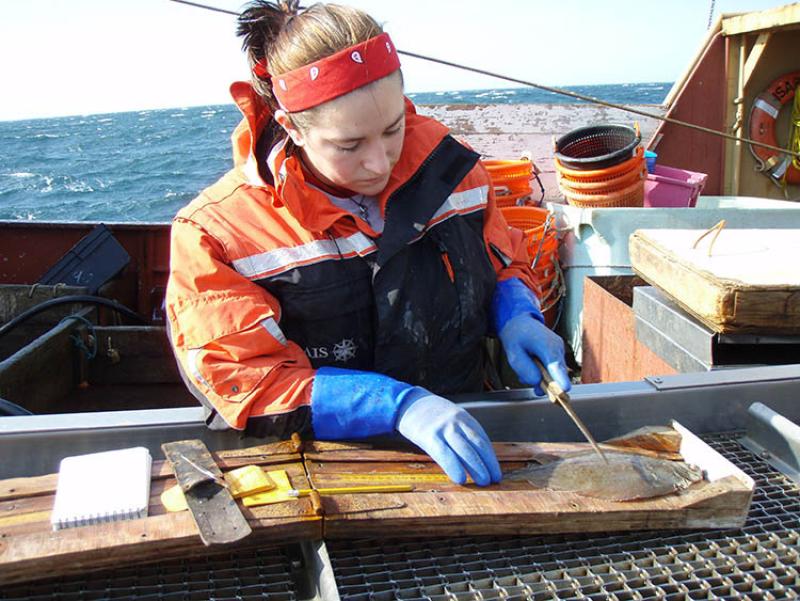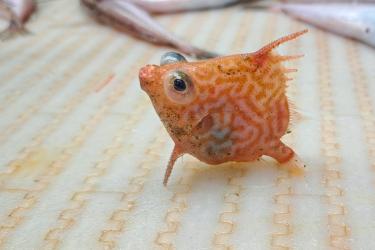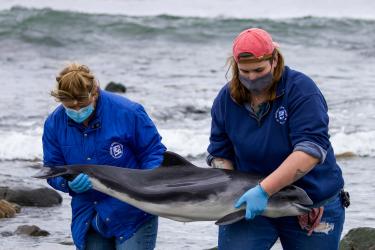The 9th International Fisheries Observer and Monitoring Conference (IFOMC) will be held June 11 to15, 2018, in Vigo, Spain—home of one of the world’s largest fishing ports. This conference is the main international forum for working and addressing issues on fisheries observer programs, emerging monitoring technologies, and fishery-dependent data collection. Attendees will include national and international observer program managers; representatives from fishing, technology, and electronic monitoring industries; representatives from regional fishery management councils and other management bodies, and from non-profit organizations; researchers; and fishery observers.
NOAA Fisheries is a part of the IFOMC’s international steering committee, which helped select the themes, panel discussion topics, and speakers. The overall mission of the committee is to increase the safety of observers and vessels and to improve the efficiency and effectiveness of fishery-dependent observer data to sustainably manage fisheries and conserve protected species. The goal of this conference is to help grow an international network of fishery observing programs by sharing insights into lessons learned, best practices, and developing technology to overcome challenges in and out of the field.
The IFOMC will feature oral and poster presentations; workshops with facilitated discussions on electronic monitoring, European Union discard policies, and best practices for safety training; as well as exhibitor and sponsor booths. NOAA Fisheries will lead and moderate a variety of workshop and panel discussions. The conference will also feature a “Tools of the Trade” workshop where fisheries observers will exhibit technologies used while deployed on commercial vessels. The format for this conference is unlike traditional conferences, as presentations for each panel session will be limited to 6 to 8 minutes followed by a moderated discussion panel. The IFOMC program lists the presentations in each session. Examples include:
- Reconciling electronic monitoring and indigenous rights in the fishery.
- Best practices for monitoring actions to achieve sustainability of small-scale fisheries—the case of the MSC certified fisheries.
- Assessing representativeness and bias in Norwegian commercial catch sampling programs conducted in collaboration with the industry.
- Effective communication with observers.
NOAA’s National Observer Program is sponsoring 10 fisheries observers from five regional observer programs. Two observers—Alayna Dorobek from the North Pacific Observer Program and Sara Hutton from the Southeast Fishery Observer Program—will give oral presentations. Alayna’s talk will focus on observer mental health and mental health services in the North Pacific Observer Program. Sara’s talk, “#MeTooAtSea: Preventing and Responding to Sexual Harassment,” will discuss sexual harassment issues faced by fisheries observers, especially women in a male-dominated fishing industry.
Sustainable fisheries is a global issue that calls for sharing critical issues among international fishery observer programs, emerging monitoring technologies, and other approaches to fishery-dependent data collection and analyses. Fishery observers and at-sea monitors are dedicated professionals who make a valuable contribution to our knowledge of fisheries. They undergo a rigorous scientific and statistical training program to identify and take samples of the myriad ocean life that might come aboard a commercial vessel in support of a wide range of conservation and management activities.
For more information on observers, check out our Observer 101 page.


